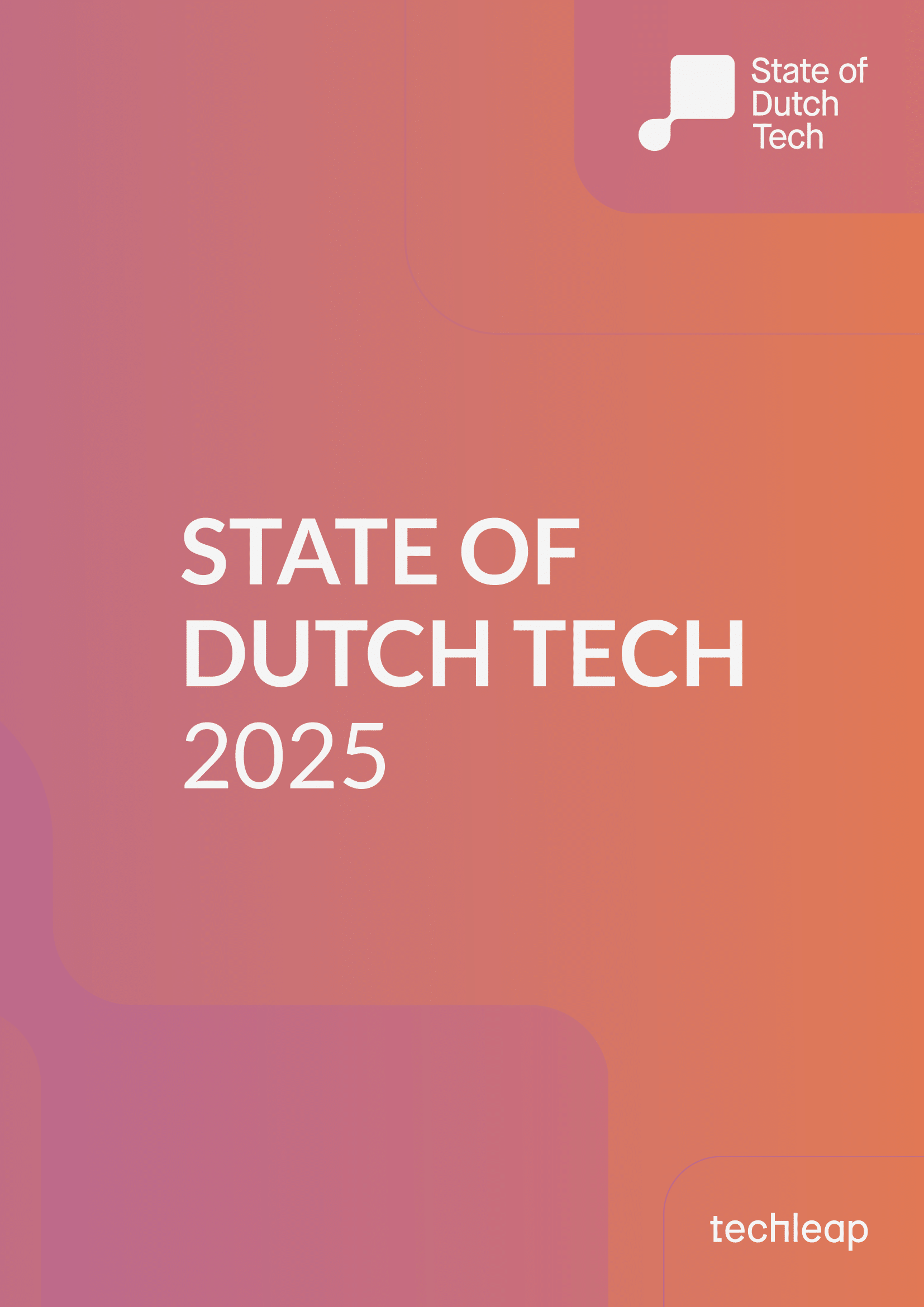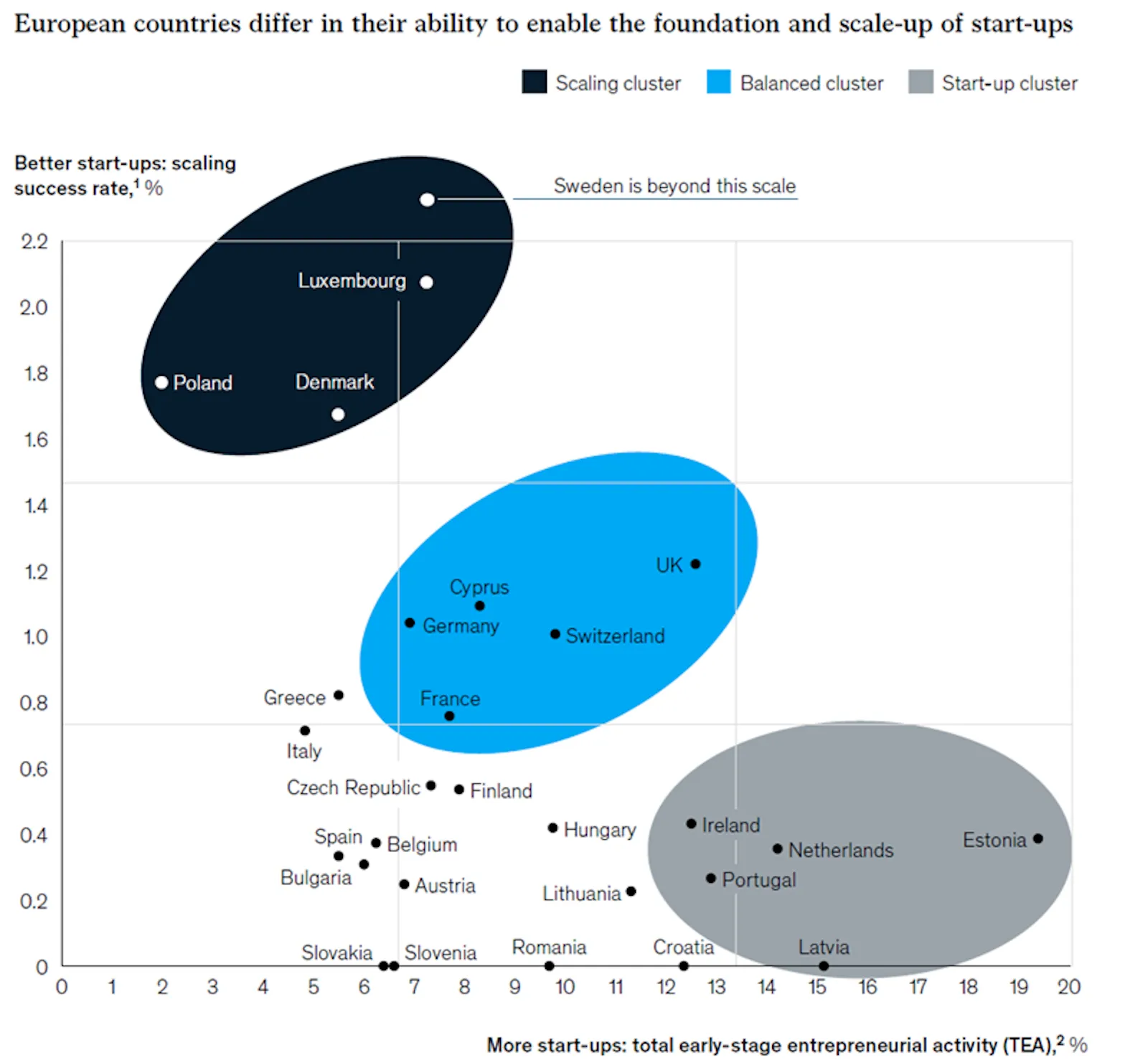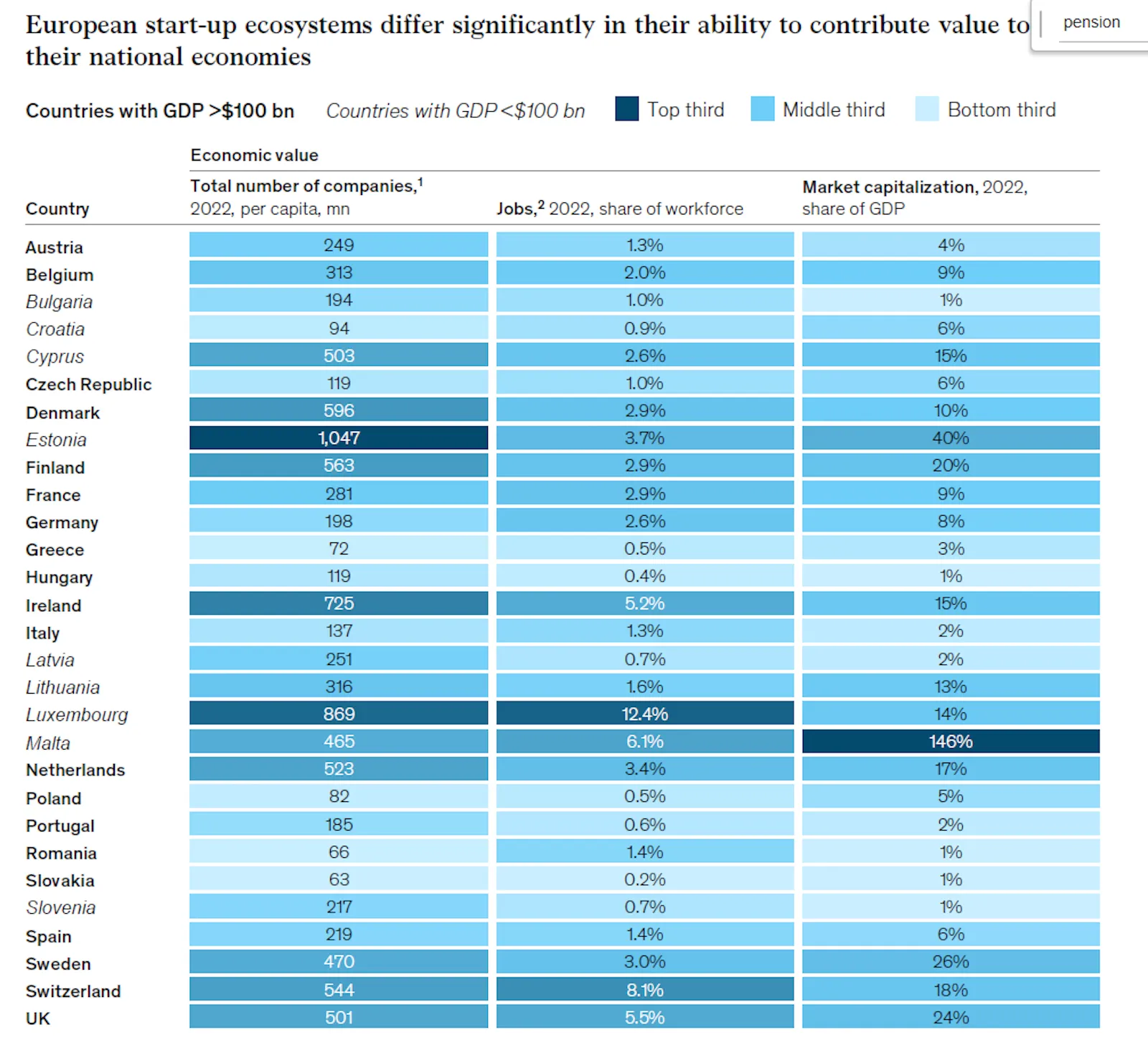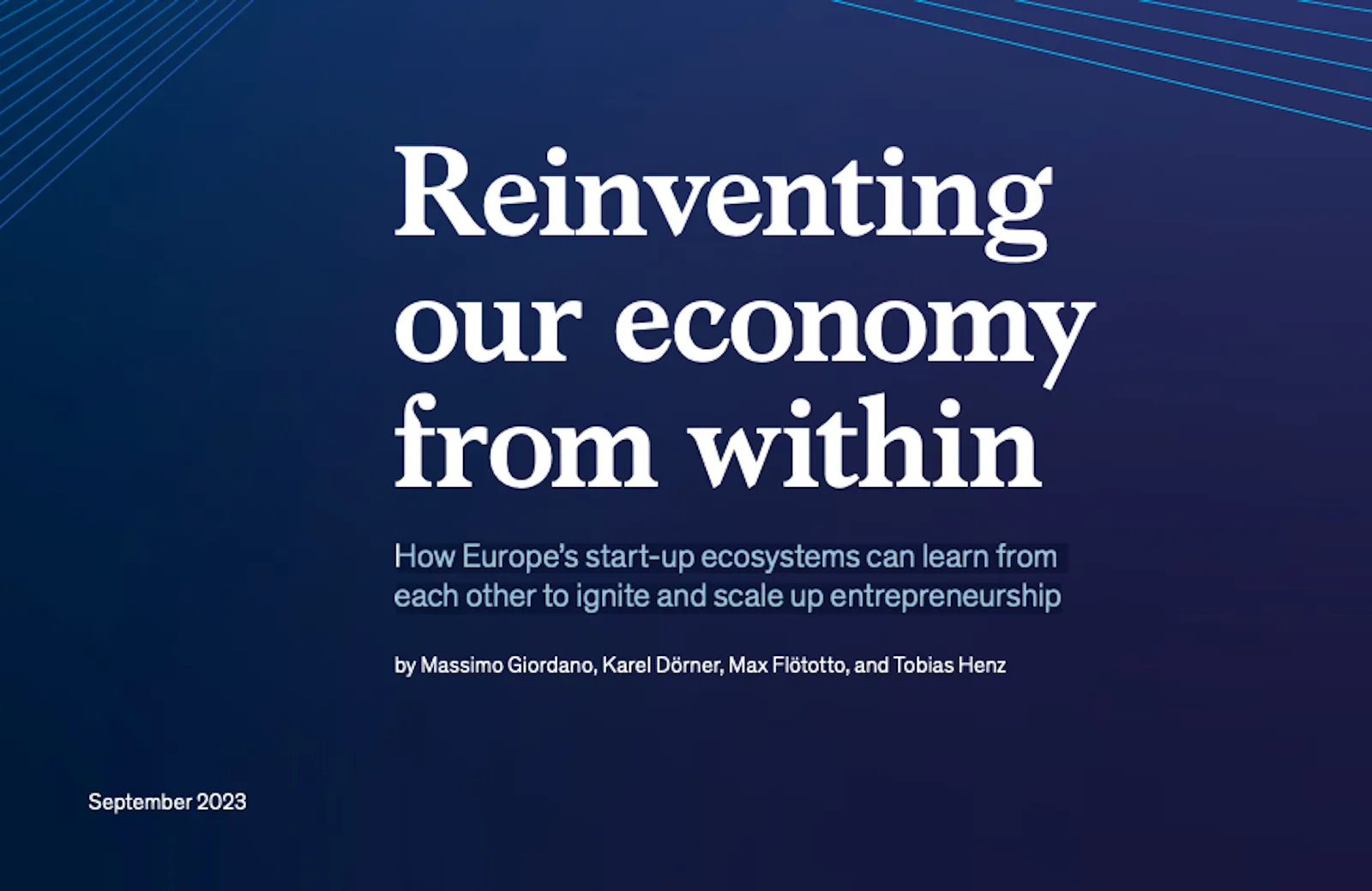 https://techleap.nl/wp-content/uploads/sites/3/2025/04/State-of-Dutch-Tech-2025-Cover.png
2339
1654
huwh
https://techleap-design.nl/techleap/wp-content/uploads/sites/2/2023/11/Techleap_Logo_BrandBlack_Techleap_Logo_Reversed.svg
huwh2025-04-18 14:41:322025-05-21 14:23:24State of Dutch Tech Report 2025
https://techleap.nl/wp-content/uploads/sites/3/2025/04/State-of-Dutch-Tech-2025-Cover.png
2339
1654
huwh
https://techleap-design.nl/techleap/wp-content/uploads/sites/2/2023/11/Techleap_Logo_BrandBlack_Techleap_Logo_Reversed.svg
huwh2025-04-18 14:41:322025-05-21 14:23:24State of Dutch Tech Report 2025Subscribe to our newsletter
Sign up
Techleap is a non-profit organisation, funded by the Ministry of Economic Affairs and Climate Policy, helping to quantify and accelerate the tech-ecosystem of the Netherlands. Constantijn van Oranje is Special Envoy of Techleap.







